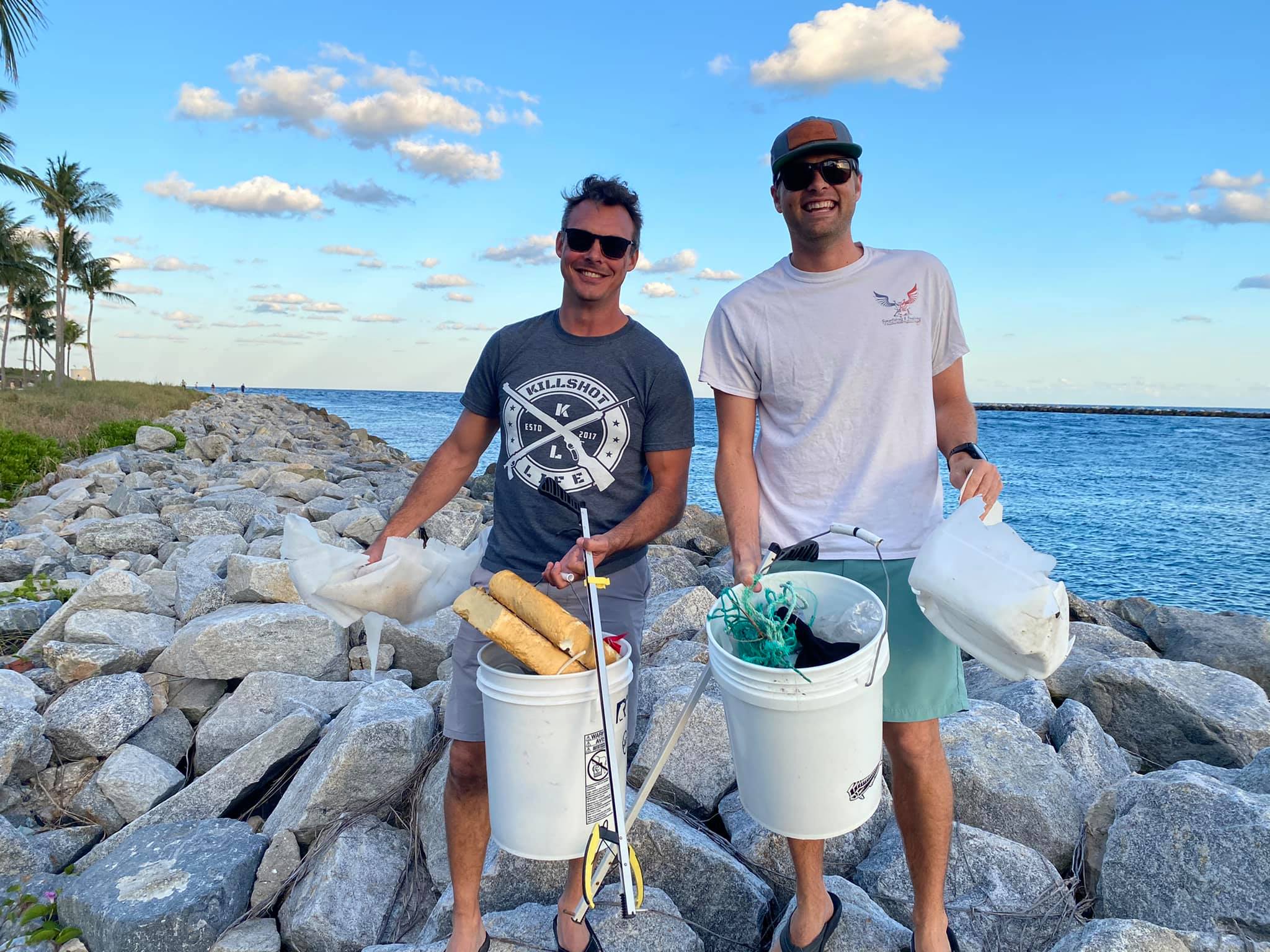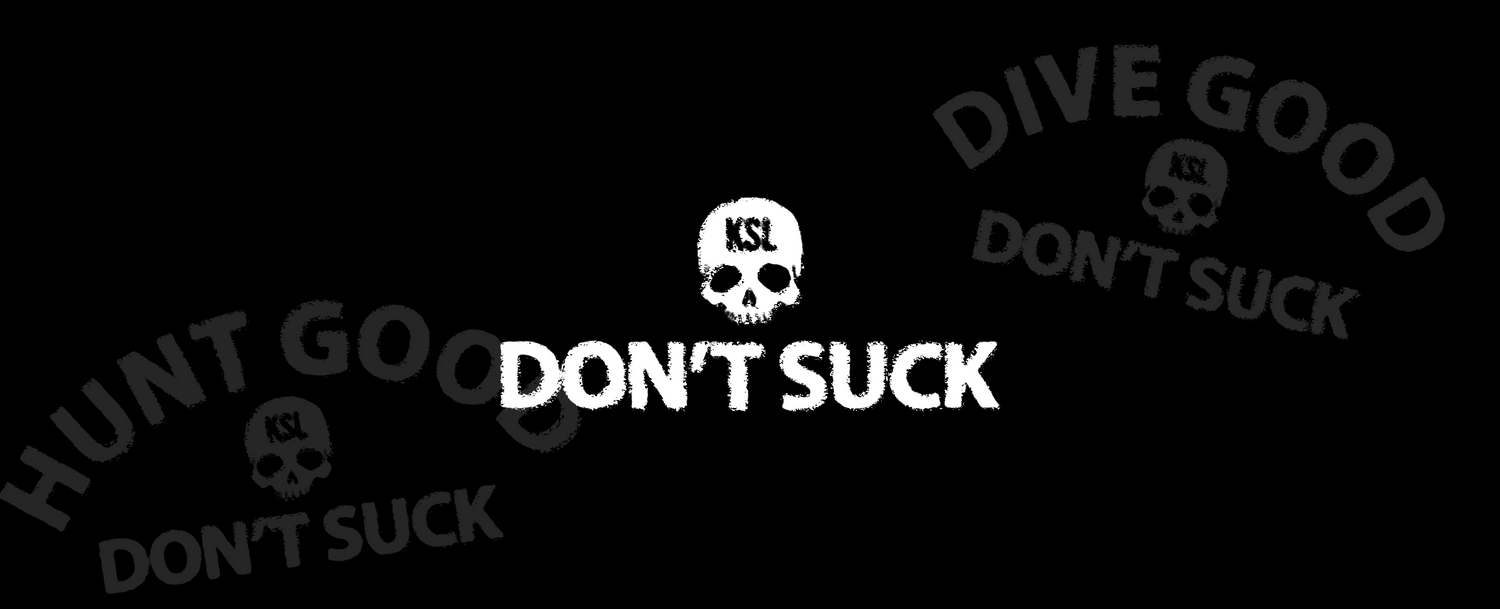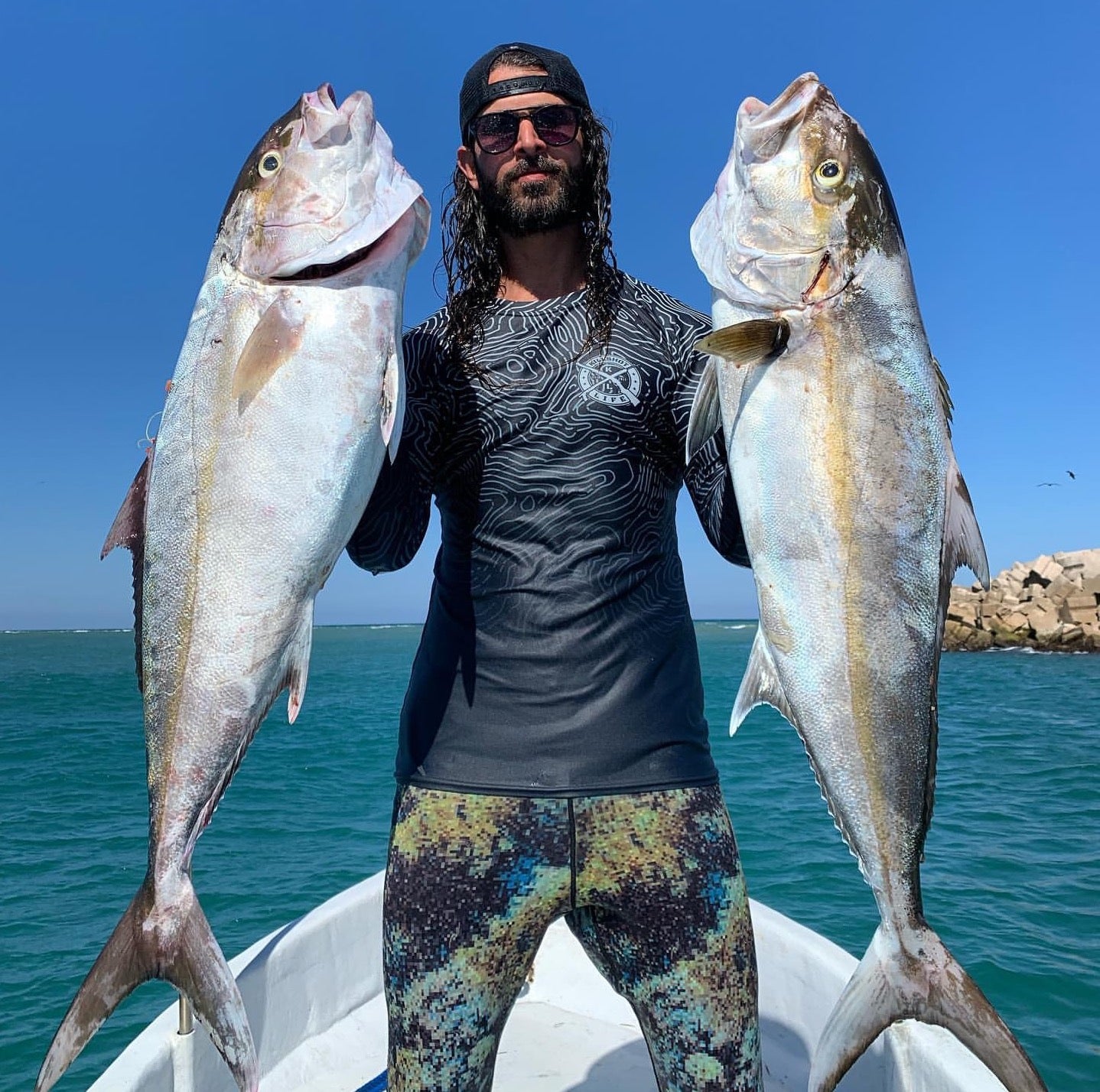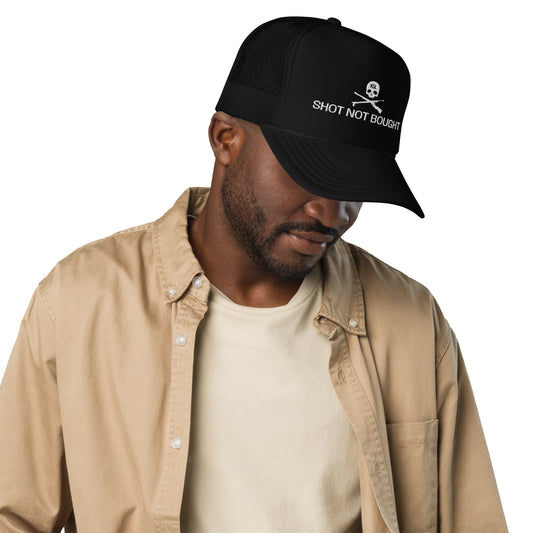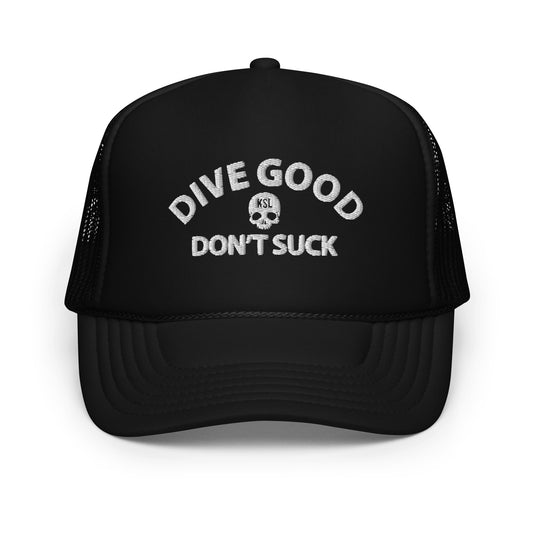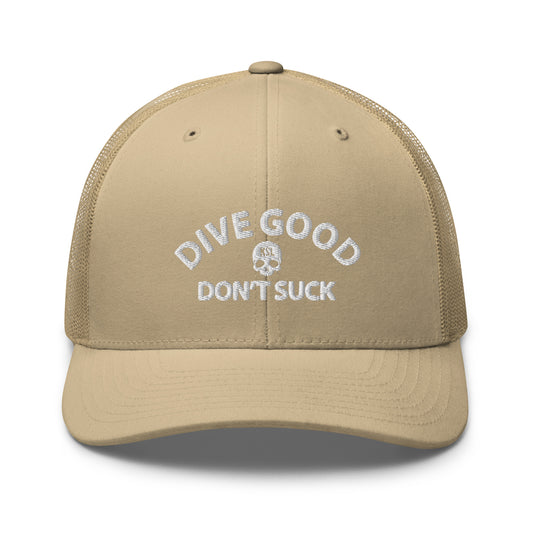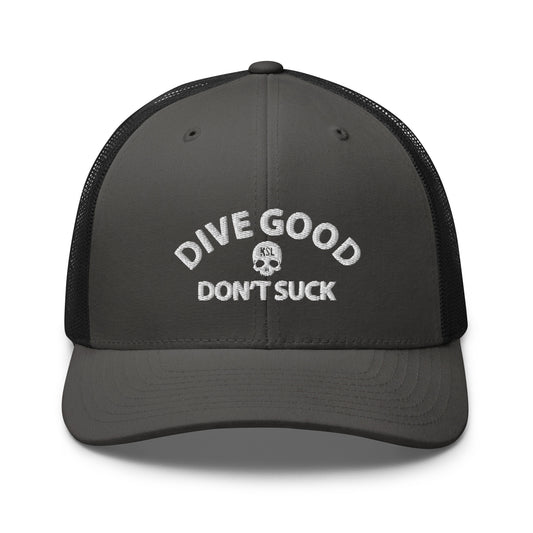Eat What You Kill - The Ethical Approach
Share
In a society dominated by instant gratification and disconnected from the sources of our sustenance, there is a growing need to adopt a more mindful and responsible approach to life and diet. The "eat what you kill" philosophy encourages individuals to embrace a lifestyle centered around taking personal responsibility for their choices, understanding the origins of their food, and prioritizing sustainable practices. By exploring the advantages of this approach, we can cultivate a healthier, more connected relationship with our food and the world around us.
- Promotes Mindful Consumption:
The "eat what you kill" approach instills mindfulness in our choices and consumption habits. By actively participating in the process of acquiring our food, whether through hunting, fishing, or growing our own produce, we develop a deeper understanding of the effort and resources required. This heightened awareness encourages us to be more conscious of the quantity and quality of the food we consume, reducing waste and fostering a healthier relationship with our diets.
- Embraces Sustainability and Environmental Responsibility:
Adopting an "eat what you kill" mindset inherently promotes sustainability and environmental responsibility. By sourcing our own food, we reduce reliance on industrial farming methods that can be detrimental to the environment. Hunting and fishing, when done responsibly and in accordance with regulations, allow for the preservation of ecosystems and the sustainable management of wildlife populations. Additionally, growing our own produce encourages organic farming practices and reduces the carbon footprint associated with long-distance transportation.
- Encourages a Diverse and Nutrient-Rich Diet:
The "eat what you kill" philosophy encourages a diverse and nutrient-rich diet. By sourcing our own food, we have the opportunity to explore a wider variety of ingredients and expand our culinary horizons. Wild game, fish, and homegrown fruits and vegetables often offer unique flavors and nutritional benefits that may not be readily available in commercial food options. This approach allows us to customize our diets to meet our individual needs and preferences while maximizing the nutritional value of our meals.
- Fosters Physical Activity and Connection with Nature:
Engaging in activities such as hunting, fishing, or gardening as part of the "eat what you kill" approach promotes physical activity and a deeper connection with nature. These pursuits require physical exertion, encouraging an active and healthy lifestyle. Additionally, spending time outdoors and immersing ourselves in natural environments offers numerous mental health benefits, such as reduced stress levels, improved mood, and increased mindfulness.
- Supports Local Communities and Food Systems:
Embracing the "eat what you kill" philosophy can contribute to the vitality of local communities and food systems. By prioritizing locally sourced and self-sufficient food options, we support local farmers, fishermen, and small-scale producers. This fosters a sense of community, strengthens local economies, and reduces our reliance on globalized food systems. Moreover, it allows us to forge personal connections with those who provide our food, fostering a deeper appreciation for the efforts that go into sustaining our communities.
Conclusion:
The "eat what you kill" approach to life and diet promotes mindful consumption, sustainability, a diverse and nutrient-rich diet, physical activity, a connection with nature, and support for local communities and food systems. By taking personal responsibility for our choices and understanding the origins of our food, we cultivate a healthier and more connected relationship with our diets and the world around us. This approach empowers us to make informed decisions that prioritize our well-being while promoting environmental stewardship. As we strive for a more responsible and sustainable future, the "eat what you kill" philosophy offers a path towards a healthier and more mindful way of life.


